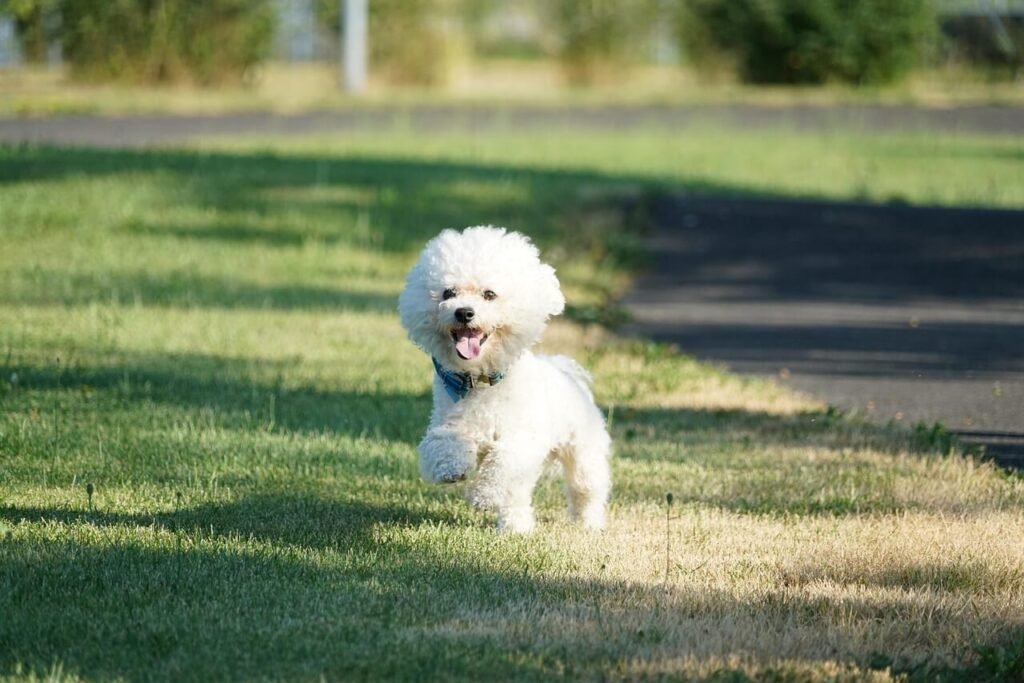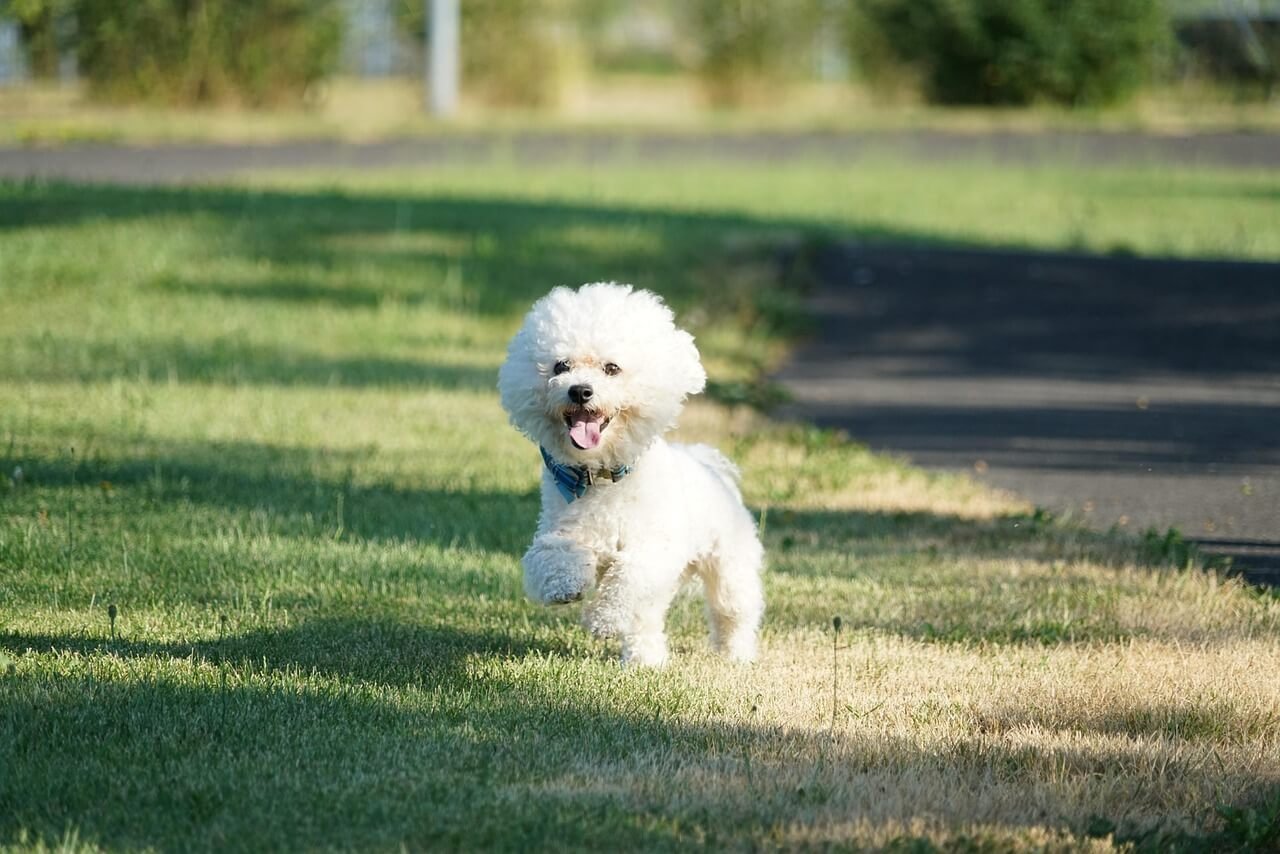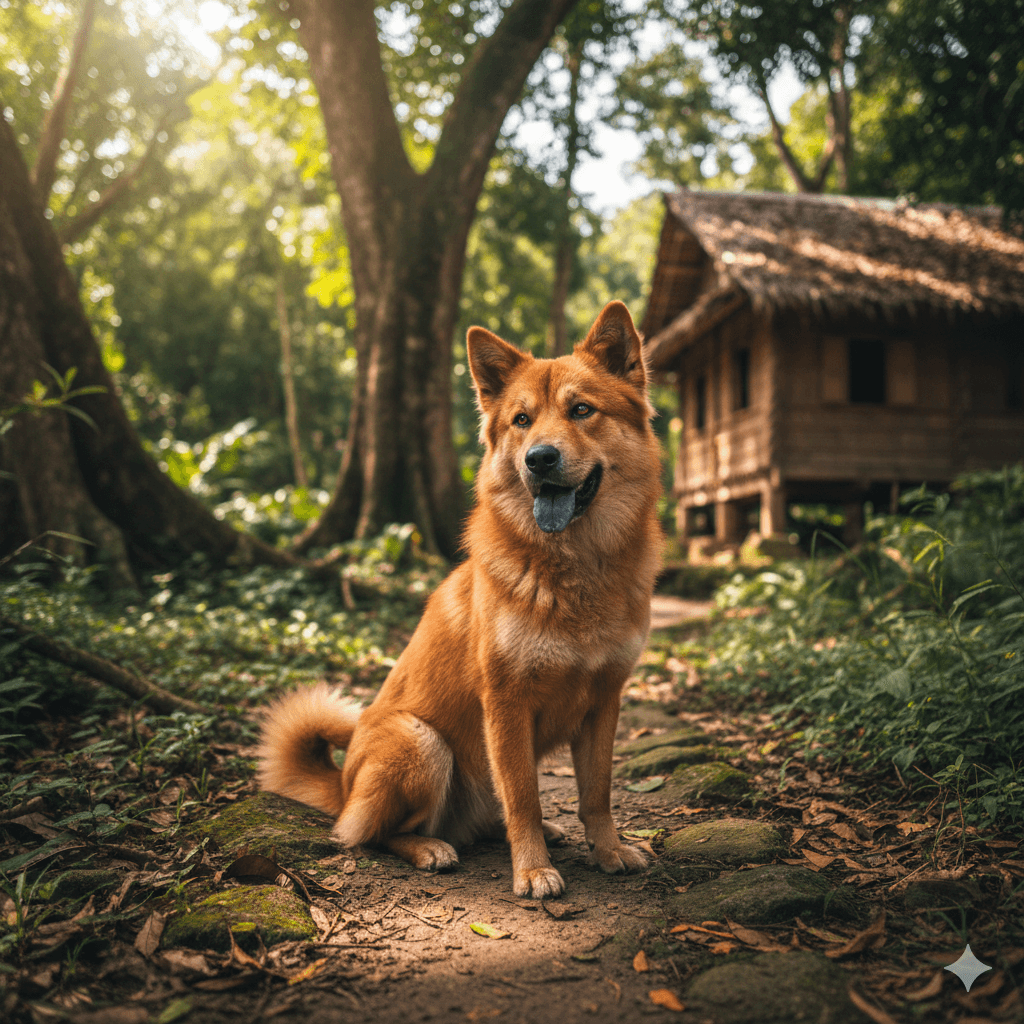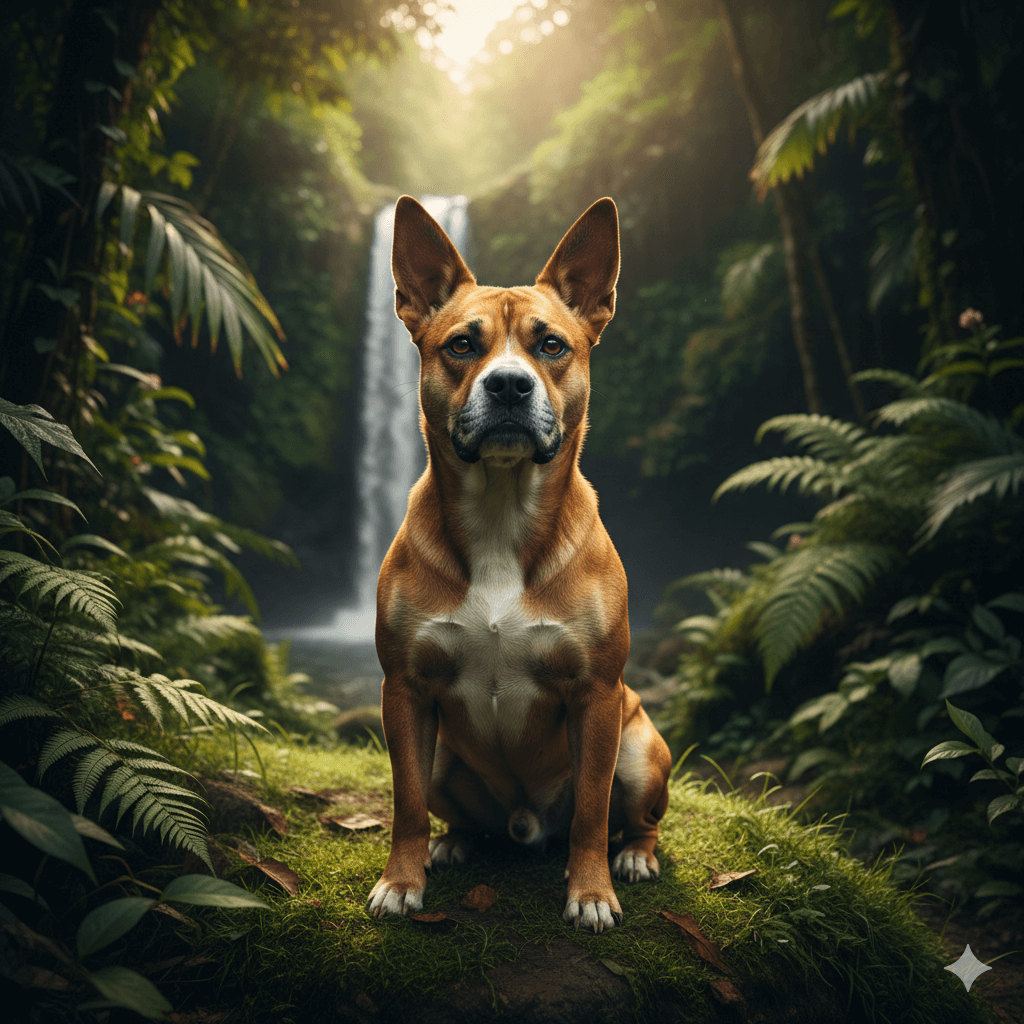My Dog Ate a Rock Will It Pass? Understanding the Situation
Dogs are curious creatures by nature, and their tendency to explore the world through their mouths can sometimes lead to unexpected situations. If you’ve found yourself asking, “My dog ate a rock, will it pass?” you’re not alone. This is a common concern among pet owners, and while it may seem alarming, understanding what to do next can make all the difference. In this blog post, we’ll delve into why dogs eat rocks, what happens when they do, and how you can ensure your furry friend stays safe.
Why Do Dogs Eat Rocks? Common Reasons Behind This Behavior
While it might seem strange that your dog decided to snack on a rock, there are several plausible explanations for this behavior. Below are some of the most common reasons:
Pica:
Pica is a condition where dogs crave non-food items. It could be triggered by nutritional deficiencies or simply a behavioral quirk.Teething or Dental Discomfort:
Puppies or dogs with dental issues may chew on rocks to relieve pain or discomfort in their gums.Boredom or Lack of Stimulation:
Dogs that don’t get enough mental or physical exercise may resort to chewing on unusual objects like rocks.Curiosity:
Some dogs are naturally curious and may pick up rocks to investigate their texture, taste, or smell.Anxiety or Stress:
Dogs experiencing anxiety may engage in compulsive behaviors, including eating rocks, as a coping mechanism.
Understanding why your dog ate the rock is the first step in addressing the issue. Whether it’s a one-time incident or a recurring habit, identifying the root cause can help prevent future occurrences.
What Happens When a Dog Eats a Rock? Potential Risks and Complications
When your dog ingests a rock, it doesn’t just magically disappear. Depending on the size, shape, and material of the rock, various complications can arise. Here’s what you need to know:
Gastrointestinal Blockage:
Larger rocks can get stuck in the stomach or intestines, leading to a blockage that may require surgical intervention.Tooth Damage:
Chewing on rocks can chip or fracture teeth, causing pain and potential long-term dental issues.Internal Injuries:
Sharp edges on rocks can scratch or puncture the lining of the digestive tract, leading to infections or internal bleeding.Vomiting or Diarrhea:
The body may attempt to expel the rock naturally, resulting in gastrointestinal upset such as vomiting or diarrhea.Behavioral Reinforcement:
If your dog receives attention (even negative attention) after eating rocks, they may repeat the behavior to seek more interaction.
If you suspect your dog has eaten a rock, it’s crucial to monitor them closely for any signs of distress or discomfort. Early intervention can prevent serious health issues.
Check this guide 👉Why Does My Dog Eat Rocks? Best 7 Expert Tips!

Signs Your Dog Ate a Rock | What You Should Do |
|---|---|
Vomiting | Contact your vet immediately. |
Loss of appetite | Monitor for 24 hours; consult a vet if symptoms persist. |
Lethargy or weakness | Seek emergency veterinary care. |
Straining to poop | Check for visible obstructions; visit the vet if unsure. |
Abdominal pain | Avoid giving food or water until a vet evaluates your dog. |
How to Prevent Your Dog from Eating Rocks in the Future
Prevention is key to ensuring your dog doesn’t develop a habit of eating rocks. Here are some practical steps you can take:
Provide Mental Stimulation:
Engage your dog with puzzle toys, interactive games, or training sessions to keep their mind occupied.Supervise Outdoor Time:
Keep an eye on your dog during walks or playtime in areas where rocks might be present.Offer Chew Toys:
Provide safe and durable chew toys as alternatives to rocks.Address Nutritional Needs:
Ensure your dog’s diet is balanced and meets all their nutritional requirements.Consult a Veterinarian:
If your dog frequently eats non-food items, schedule a vet visit to rule out underlying medical conditions.
By taking these proactive measures, you can reduce the likelihood of your dog eating rocks again.
When to Seek Veterinary Help: Warning Signs You Shouldn’t Ignore
While small rocks may pass naturally, certain symptoms indicate that professional help is necessary. Here’s what to watch for:
Persistent Vomiting:
Frequent vomiting could signal a blockage or irritation in the digestive tract.Abdominal Swelling:
A bloated or swollen abdomen may indicate a serious obstruction.Refusal to Eat or Drink:
Lack of interest in food or water is a red flag that something is wrong.Unusual Behavior:
Excessive drooling, pacing, or whining may suggest discomfort or pain.Blood in Stool or Vomit:
The presence of blood requires immediate veterinary attention.
Don’t hesitate to contact your vet if you notice any of these warning signs. Timely intervention can save your dog’s life.
Understanding the Digestive System of Dogs
Dogs have a robust digestive system, but it’s not designed to handle non-food items like rocks. Here’s what you need to know about how their digestion works and why rocks can pose a problem:
Stomach Acid Strength:
A dog’s stomach acid is highly acidic, capable of breaking down tough materials like bones. However, rocks are often too dense to be dissolved.Intestinal Passage:
Small objects may pass through the intestines without issue, but larger rocks can cause blockages or tears in the intestinal lining.Natural Expulsion Attempts:
If a rock doesn’t pass easily, the body may try to expel it through vomiting or diarrhea, which can lead to dehydration if prolonged.Size Matters:
The size of the rock determines whether it can move through the digestive tract or become stuck, causing complications.Timeframe for Passage:
Most small objects pass within 10-24 hours, but larger rocks may take longer or require medical intervention.
Understanding your dog’s digestive process can help you assess the severity of the situation and decide when professional help is needed.
Safe Alternatives to Rocks for Chewing
If your dog has a habit of chewing on rocks, providing safe alternatives can redirect this behavior. Here are some excellent options to consider:
Rubber Chew Toys:
Durable rubber toys are designed to withstand heavy chewing and are much safer than rocks.Edible Chews:
Treats like bully sticks, antlers, or dental chews satisfy your dog’s urge to chew while offering nutritional benefits.Interactive Toys:
Puzzle toys that dispense treats can keep your dog mentally engaged and reduce boredom-related chewing.Frozen Treats:
Freezing carrots or peanut butter in a Kong toy provides a satisfying and cooling chewing experience.Supervision During Play:
Always supervise your dog when introducing new toys to ensure they don’t ingest parts of the toy.
By offering these alternatives, you can protect your dog’s teeth and prevent them from seeking out dangerous items like rocks.
Behavioral Training Tips to Stop Rock-Eating
Training can play a significant role in discouraging your dog from eating rocks. These tips will help you address the behavior effectively:
Positive Reinforcement:
Reward your dog with treats or praise when they ignore rocks during walks or playtime.Command Training:
Teach commands like “leave it” or “drop it” to give you control over your dog’s actions around rocks.Leash Control:
Keep your dog on a leash in areas where rocks are present to prevent them from accessing these objects.Distraction Techniques:
Use toys or treats to redirect your dog’s attention away from rocks whenever they show interest.Consistency is Key:
Regular training sessions and consistent responses to rock-eating behavior will reinforce positive habits over time.
With patience and persistence, behavioral training can help curb your dog’s tendency to eat rocks and promote safer habits.
Frequently Asked Questions About Dogs Eating Rocks
What should I do if my dog eats a small rock?
Monitor your dog closely for symptoms like vomiting or lethargy. If no issues arise within 24-48 hours, the rock likely passed safely.
Can rocks harm my dog’s teeth?
Yes, chewing on rocks can damage teeth, leading to fractures or infections.
How can I stop my dog from eating rocks?
Provide plenty of chew toys, supervise outdoor time, and address any underlying behavioral or nutritional issues.
Is surgery always needed for rock ingestion?
No, surgery is only required if the rock causes a blockage or other complications.
Why does my dog keep eating rocks despite training?
Persistent rock-eating may indicate pica, anxiety, or another underlying issue. Consult a vet or behaviorist for further guidance.
Stay Calm and Proactive: Ensuring Your Dog’s Safety
Finding out that your dog ate a rock can be stressful, but staying calm and informed is essential. By understanding the potential risks, recognizing warning signs, and taking preventive measures, you can protect your furry companion from harm. Remember, your veterinarian is your best ally in navigating this situation. With proper care and attention, you can ensure your dog remains happy, healthy, and rock-free!
Telomian Chow Chow Mix: Best 7 Expert Tips! – Discover the unique blend of loyalty, agility, and independence in this rare hybrid. Perfect for devoted dog lovers!
Telomian Akita Mix: Best 7 Expert Tips! – Discover the perfect blend of loyalty, strength, and agility in this unique hybrid. Learn care, training, and health tips!
Telomian Bernese Mountain Dog Mix: Best 7 Expert Tips! – Discover the perfect blend of agility, loyalty, and charm in this unique hybrid companion.
Telomian Bulldog Mix: Best 7 Expert Tips! – Discover the perfect blend of loyalty, energy, and charm with this unique hybrid breed. Ideal for active families!





